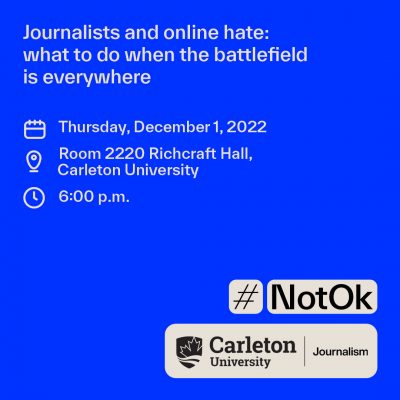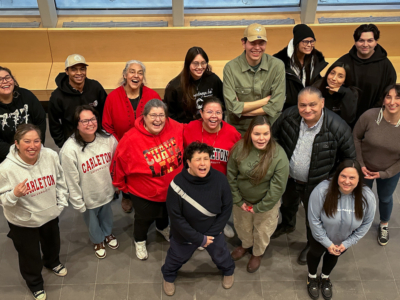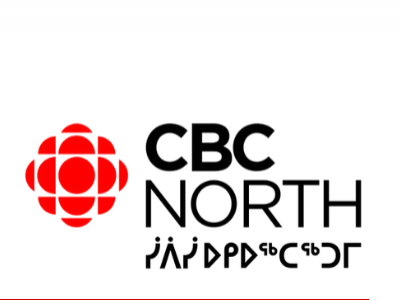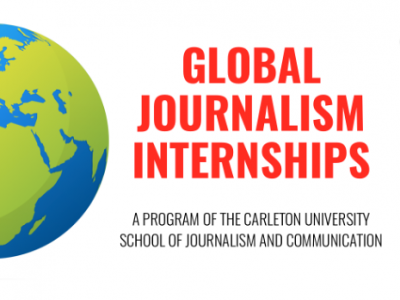Carleton University’s journalism program is partnering with CBC/Radio-Canada, the #NotOK project and the Stursberg family to hold a major public event on Dec. 1 grappling with the upsurge in targeted online abuse facing journalists, especially women journalists of colour.
Journalists and online hate: What to do when the battlefield is everywhere will feature presentations from media executives, journalists and at least one politician on how best to confront the corrosive force of online hate targeted at journalists.
To attend in person, register now at: bit.ly/JournalistsOnlineHate
 CBC/Radio-Canada President and CEO Catherine Tait and Sonia Verma, Editor-in-Chief of Global News, will open the event, which will be moderated by CTV Ottawa Bureau Chief Joyce Napier. A panel of leading journalists including Saba Eitizaz of the Toronto Star, Global TV’s Rachel Gilmore and Hill Times columnist Erica Ifill will share their perspectives. They will be joined by federal Public Safety Minister Marco Mendicino.
CBC/Radio-Canada President and CEO Catherine Tait and Sonia Verma, Editor-in-Chief of Global News, will open the event, which will be moderated by CTV Ottawa Bureau Chief Joyce Napier. A panel of leading journalists including Saba Eitizaz of the Toronto Star, Global TV’s Rachel Gilmore and Hill Times columnist Erica Ifill will share their perspectives. They will be joined by federal Public Safety Minister Marco Mendicino.
The event will include lots of opportunities for questions and discussion. The evening begins at 6 p.m. in Room 2220 Richcraft Hall, on the Carleton University campus.
The event is free and open to the public, but space will be limited so participants must register in advance. A Zoom link will be available closer to the date, for those who wish to participate virtually.
More must be done to combat the targeted online abuse increasingly suffered by some journalists – especially women and racialized journalists.
This online abuse can take the form of racist attacks, harassment and threats to journalists working in Canada or abroad. It can also manifest itself in disinformation and campaigns to discredit journalists and their reporting.
Carleton University’s journalism school has joined with other actors in the media industry in Canada to take steps to raise awareness of this issue and more important, to discern what can be done. A year ago, Carleton partnered with the Canadian Association of Journalists to host an invitation-only roundtable on journalists and online hate, which resulted in a call to action to our industry, government and the broader public through the publication Poisoned Well.
More recently, the CBC’s Omayra Issa dedicated a part of her Kesterton lecture at Carleton to her own experience with relentless online hate and death threats. Watch Omayra’s lecture here.
In the coming months, Prof. Trish Audette-Longo is coordinating a series of workshops and discussions for journalism faculty and students to pool and build their digital security knowledge and skills. This two-year project, “Navigating Risk in the Journalism Classroom,” is funded by a Faculty of Public Affairs Teaching Fellowship Award. Prof. Audette-Longo aims to develop digital safety and risk reporting modules and tools for undergraduate and graduate reporting courses, empowering emerging reporters to do their work despite the risks they face online and offline.
Now, Carleton is working together with the CBC/Radio-Canada, #NotOk and the Stursberg family on this major public event on Dec. 1 that will continue this dialogue, examine best practise and hopefully bring us closer to identifying how best to respond. Richard Stursberg and Judith Lawrie, the children of the late journalist Peter Stursberg, established an endowment at the School of Journalism and Communication in memory of their father to support both the Peter Stursberg Foreign Correspondents Lecture and the Peter Stursberg Award in Conflict Journalism and Media Studies. The Dec. 1 event will also be supported by the Stursberg endowment.
Tuesday, November 15, 2022 in General, Journalism News, News
Share: Twitter, Facebook



